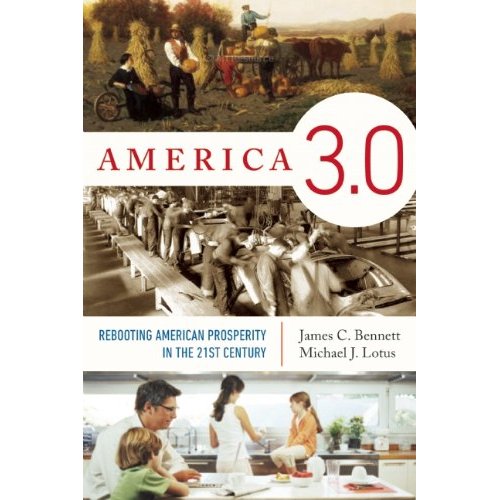Don’t you mess with (2) the night sky, superb and sacred
Saturday, January 19th, 2019[ by Charles Cameron — a disgusted follow-on to Don’t you mess with my mother the moon ]
.
Disgust:
This Chinese City Wants to Launch an ‘Artificial Moon’ to Replace Street Lights
The streets of Chengdu in western China could soon be lit up by an artificial satellite moon in the night-time, rather than the more conventional streetlights, if an ambitious plan by a private aerospace company gets the go-ahead.
The thinking is to save a hefty sum in electricity costs, according to Wu Chunfeng, chairman of the Chengdu Aerospace Science and Technology Microelectronics System Research Institute Co., who is behind the scheme.
Rather than using up energy here on Earth, the satellite would reflect the Sun’s rays from the other side of the planet back on to Chengdu. [ .. ]
The illumination on the ground would be about eight times what you would expect from the actual Moon, Chunfeng says.
Have they not read Li Po, Bo, or Bai‘s great poem, The Jewel Stairs’ Grievance, given here in the translation by Ezra Pound?
The jewelled steps are already quite white with dew,
It is so late that the dew soaks my gauze stockings,
And I let down the crystal curtain
And watch the moon through the clear autumn.
Were they not taken with the footnote?
Jewel stairs, therefore a palace. Grievance, therefore there is something to complain of. Gauze stockings, therefore a court lady, not a servant who complains. Clear autumn, therefore he has no excuse on account of weather. Also she has come early, for the dew has not merely whitened the stairs, but has soaked her stockings. The poem is especially prized because she utters no direct reproach.
Do they not watch the moon? Taste it?
**
Disgust:
Russian Startup Wants to Put Ads in Low-Earth Orbit to Ruin The Sky For Everybody
Advertising?
Must I really quote this stuff?
“We are ruled by brands and events,” project leader Vlad Sitnikov told Futurism.
“The Super Bowl, Coca Cola, Brexit, the Olympics, Mercedes, FIFA, Supreme and the Mexican wall. The economy is the blood system of society. Entertainment and advertising are at its heart.
“We will live in space, and humankind will start delivering its culture to space. The more professional and experienced pioneers will make it better for everyone.”
Faugh! For shame!
**
Have I not whispered to another under the stars those words of William Butler Yeats:
Had I the heavens’ embroidered cloths,
Enwrought with golden and silver light,
The blue and the dim and the dark cloths
Of night and light and the half light,
I would spread the cloths under your feet:
But I, being poor, have only my dreams;
I have spread my dreams under your feet;
Tread softly because you tread on my dreams.
I am heart-hurt.
Rape the night sky, and what are lovers to wrap themselves in? poets to raise their cups to?





